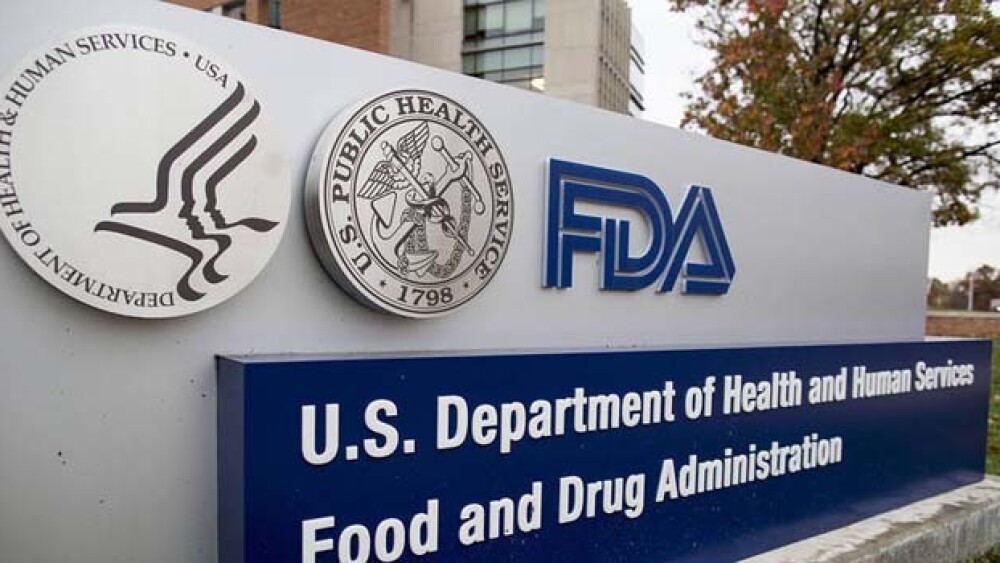Janssen believes the treatment works by restoring synaptic connections in brain cells in individuals with major depressive disorder.
The U.S. Food and Drug Administration (FDA) gave the green light to Janssen’s Spravato, an esketamine-based treatment for major depressive disorder. Approval came one month after an FDA advisory panel overwhelmingly supported approval of the nasal spray treatment.
The approval marks the first new approach for treating refractory major depressive disorder in nearly 50 years. Spravato is meant to be taken in conjunction with another anti-depression medication, such as Zoloft or another product.
Janssen’s esketamine nasal spray is a non-competitive N-methyl-D-aspartate (NMDA) receptor antagonist, which is also known as a glutamate receptor modulator. Janssen believes the treatment works by restoring synaptic connections in brain cells in individuals with major depressive disorder.
The approval of Spravato does not come without some concern, particularly over questions of the potential for abuse. Esketamine is related to the well-known party drug ketamine, also known by the street name Special K, which appears to induce a dreamlike sensation in some users. In addition to the potential for the dreamlike sensation, there were also some concerns that the treatment could increase blood pressure in some patients. While the FDA staff said ketamine abuse is “relatively uncommon in the general population,” Spravato does come with a black box warning regarding a Risk Evaluation and Mitigation Strategy (REMS) and the risk of suicidal thoughts and behaviors in pediatric patients and young adults.
In its announcement of the approval, Janssen said Spravato will not be dispensed for a patient to take home. The medication will be self-administered by the patient under the direct observation of a healthcare provider at a certified treatment center trained on the unique administration requirements, the company said.
In its announcement, Janssen included the testimony of a clinical trial patient. Robin P. said her battle with major depressive disorder that was treatment-resistant left her feeling numb. She said it was hard to feel any kind of emotion.
“When I began treatment with esketamine and my symptoms started to lift, I could see very clearly just how depressed I had been. I’m now able to appreciate a wider range of emotions than when I was depressed. My long-term goals have taken shape and actually seem attainable,” Robin P. said in the statement.
Mathai Mammen, global head of Janssen Research and Development, said Spravato has the potential to change the treatment paradigm of MDD. He said the medication can offer new hope to the “estimated one-third of people with major depressive disorder who have not responded to existing therapies.”
The approval of Spravato was based on Phase III results from two clinical studies. Data from those studies showed a combination of the flexibly dosed esketamine nasal spray and a newly initiated oral antidepressant demonstrated a “statistically significant, clinically meaningful rapid reduction of depressive symptoms as compared to placebo.” The first Phase III study included adults with treatment-resistant depression, which was defined as “patients who had not responded to two or more currently available antidepressants of adequate dose and duration in the current episode of depression.” Data from another trial showed that about 69 percent of the study group responded to the drug after 4 weeks compared to 52 percent in the intranasal placebo group.





